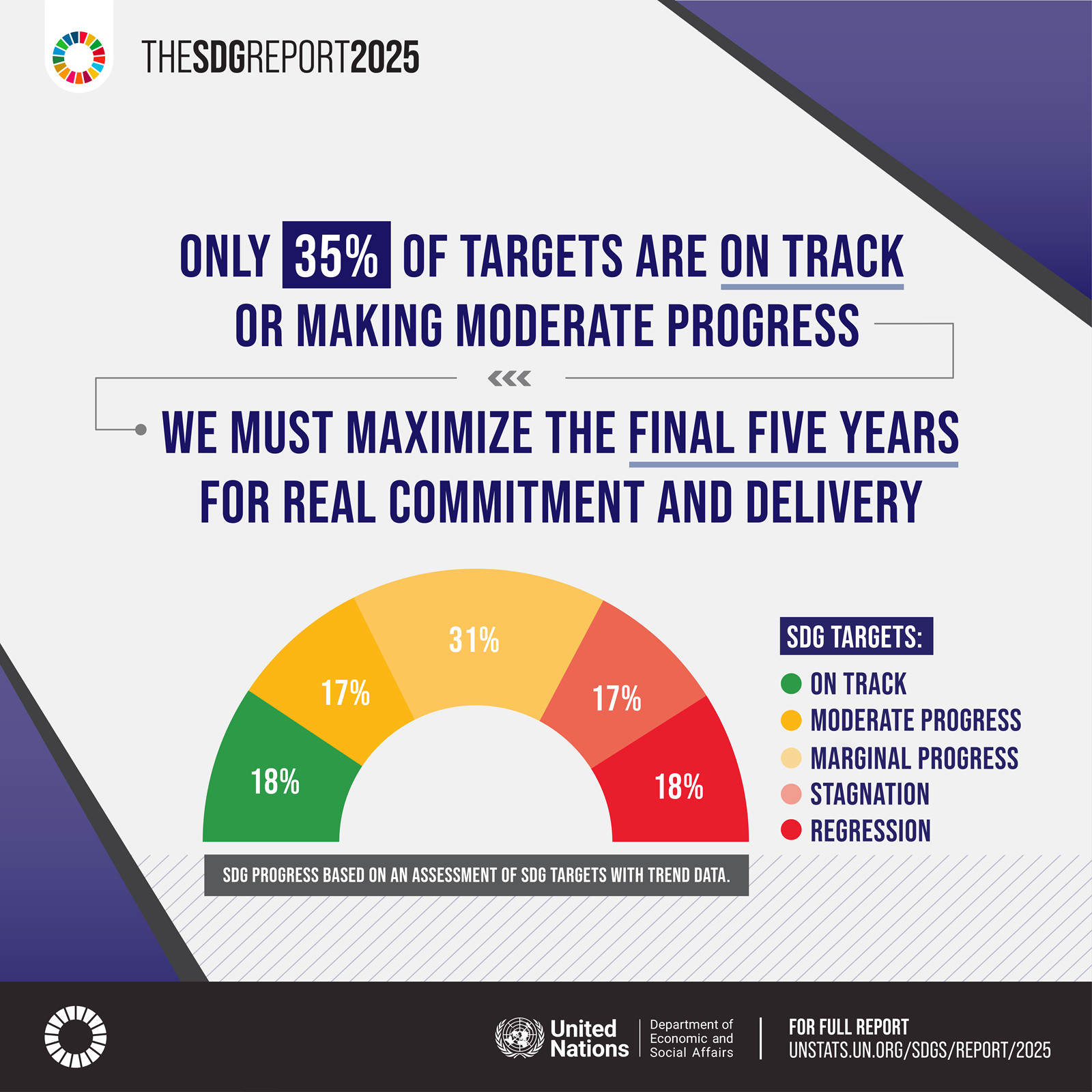On the outskirts of Mukono town
near Kampala City, Sarah Nanyonga runs a small bakery that smells of
sweet, freshly baked mandazi. But unlike most bakeries, Sarah’s oven doesn’t
rely on charcoal or firewood. Instead, it’s powered by a locally made biogas
system that converts organic waste from her kitchen into clean energy.
“I used to spend more than UGX
150,000 every month on charcoal,” she says, smiling as she stirs dough. “Now, I
use that money to buy more ingredients and even pay my workers on time.”
Sarah’s story is just one example
of how Small and Medium Scale
Enterprises (SMEs) in Uganda are taking the lead in transforming the
country’s energy systems—while also protecting the environment and supporting
livelihoods.
A Silent Revolution in Energy
and Livelihoods
Across Uganda, SMEs account for
over 90% of the private sector and employ more than 2.5 million people. These
enterprises are often at the heart of rural and peri-urban economies—running
agro-processing units, carpentry workshops, small restaurants, metalworks, car garages, and trading centres. Their daily operations heavily depend on energy, often sourced from non-renewable sources such as firewood, charcoal, or diesel.
But a shift is happening, partly
due to reduced supply and escalating prices of charcoal and firewood and the
pervasive electricity constraints due to high cost and the unstable supply.
From solar-powered maize mills in Jinja to eco-briquette production
in Gulu, SMEs are rethinking how they power their work. Many are embracing renewable energy solutions not only to
cut costs but also to inherently reduce
their environmental footprint.
Take ECOSAFE Limited - a Ugandan enterprise that deals in construction/ installation, repair, maintenance, after-sales and extension services of biogas digesters of various sizes and types. They focus on biogas systems (Sistema.Biobolsa, Fixed-Dome: CARMATEC and BSU 2016 designs and supply of biogas appliances & accessories), which provide biogas for cooking and lighting, among other applications, but also contribute to improved sanitation, health, and agricultural productivity for the locals. ECOSAFE Limited targets households, farmer/dairy groups/cooperatives, local/urban authorities, government agencies, and research institutions. Biogas Solutions Uganda Limited, a Company entrusted to nurture the biogas sector in Uganda, awarded ECOSAFE Limited the best biogas construction enterprise 2018, 2019. ECOSAFE Limited specially targets educational institutions through practically demonstrating and enabling children right from childhood to appreciate the notion that ‘waste is misplaced wealth’ that can be transformed into clean energy, a nutrient-rich soil conditioner, while contributing to improved sanitation.
In Northern Uganda, Divine
Bamboo Group produces sustainable bamboo charcoal briquettes that burn
longer and cleaner than traditional charcoal. This is against the backdrop that
bamboo grows fast and has an average rotation of four years, requires minimal
maintenance, no fertilisers or pesticides and can be integrated in both
agroforestry and mixed farming systems. Divine Bamboo produces high-quality,
clean and affordable briquettes produced from fast-growing local bamboo species
and already existing agricultural waste as a sustainable cooking fuel
alternative to conventional biomass fuels like charcoal and firewood that are
driving high deforestation rates in Uganda. In addition, the company employs
youth and women, providing training in sustainable forestry and clean energy
entrepreneurship.
How SMEs Can Lead the Energy
Transition
SMEs have the flexibility to
innovate quickly and adapt solutions to local realities. However, their
potential is often limited by access to
finance, technical know-how,
and policy support.
To unlock this potential, Uganda
can learn from other parts of the Global South. In Kenya, for instance,
small enterprises like Solar Sister empower women to distribute solar
lamps and clean cookstoves in remote communities. In India,
microenterprises supported by the government’s Ujjwala and Solar
Saubhagya programs have expanded energy access to millions of households.
Uganda’s recent National Energy Policy (2023) offers a
foundation for similar partnerships as it also counts on the private sector and
civil society in its full realisation. By connecting SMEs to green financing,
incubation hubs, and market incentives, the country can fast-track an inclusive
energy transition that uplifts communities. The Energy Policy (2023) aims to
ensure a sustainable, adequate, affordable, competitive, secure, and reliable
supply of energy at the least cost geared to meet national and county needs
while protecting and conserving the environment. The energy sector still faces
the challenges of financing. An appropriate mix of financing resources from the
Government (Central and local), private investments, and bilateral and multilateral partners is vital for successfully implementing the Policy.
Lighting the Path Forward
When small businesses go green,
the ripple effects are powerful: cleaner air, healthier workers, more resilient
livelihoods, and reduced pressure on Uganda’s forests.
Back in Mukono, as Sarah stacks
her golden-brown mandazi on trays, she reflects on her journey. “Clean energy
didn’t just change my business,” she says. “It changed how I think about the
future.”
Her story—and many others like
it—shows that Uganda’s path to sustainable energy isn’t just about technology.
It’s about people, enterprise, and the courage to do things differently with
the planet in mind.


No comments:
Post a Comment